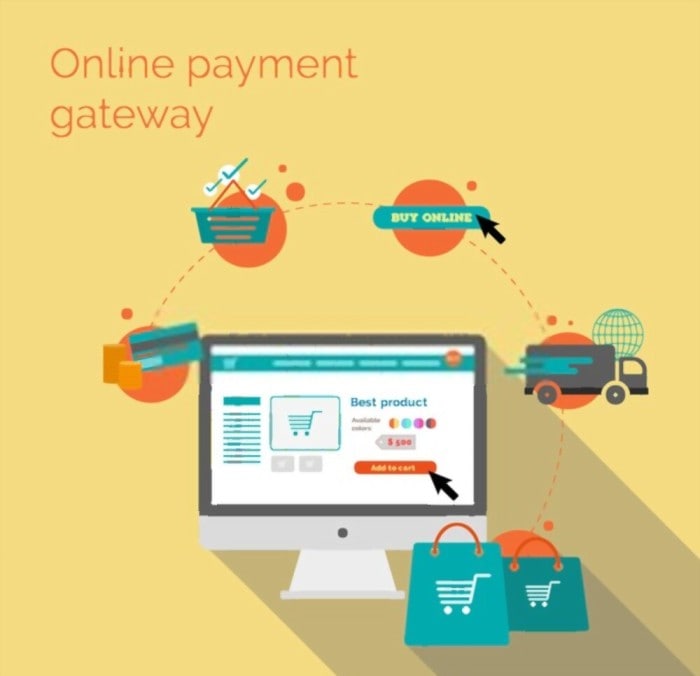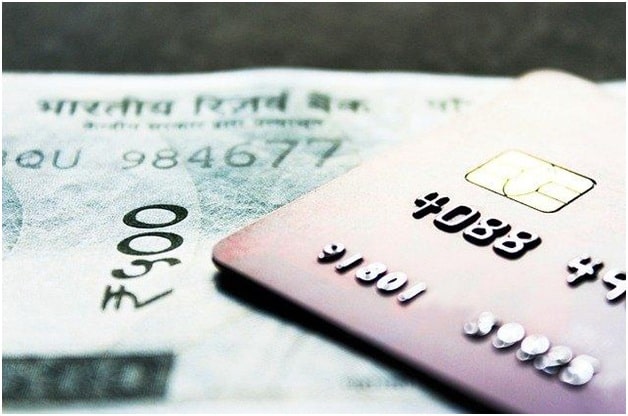
Every business, these days, plans its expansion on the online platform soon after it gains a bit of popularity in the offline market. Once a merchant starts planning his online presence, the payment gateway becomes a crucial part of it. There are many factors to consider, but most retailers consider the payment charges as their primary interest. One thing everyone must know here is that there is nothing like free payment gateway charges in India. The service providers have different charge sheets, and they demand the fee accordingly! But if a company claims to offer its payment gateway for free, it is not the one to trust.
Payment gateway charges in India are in two parts; setup fees and transaction fees. Service providers charge the former fee at the time of integrating the software, and the latter is automatically deducted from the merchants’ bank account. With so many options available in the market and claiming to offer the best prices, it can be confusing to find the most competent. Therefore, traders must know the market condition and the tips to compare the prices. Also, contemplating the need for all the features is vital. So, let us understand everything about payment gateway charges.

Successful online transactions depend upon the efficiency of the payment gateways in India.
Payment Gateway Charges: Principal Elements
Payment gateway charges in India are threefold. Every service provider sets a different price for his services, given the market is competitive. It is the responsibility of the merchants to know everything about all these charges and differentiate them to pick the best one.
#1 Payment Gateway Setup Fee
The setup fee is the primary and one-time charge that service providers take on account of integrating the payment gateway software with the merchants’ website. It includes all the expenses covered in the process and the documentation services. Merchants will need to complete a lot of formalities unless they pick the right opportunity!
#2 Payment Gateway Maintenance Charges
The maintenance costs are a part of payment gateway charges in India. This charge is for providing the updates needed to the software from time-to-time and clear bugs, etc. Some service providers charge annually, while some may demand a monthly fee. This charge also differs as per the online security and risk prevention features offered. So, a merchant should consider this factor depending upon the traffic a merchant’s website generates.
#3 Transaction Discount Rate (TDR): Transaction Charges
As the name suggests, this fee is chargeable on every transaction incurred through the payment gateway. The service providers receive a percentage of that payment. The rate differs as per the mode of payment like credit cards have a higher fee than debit cards. The transaction fee is non-negotiable, unlike the setup charge. However, service providers see this one as a selling point, so they keep these prices competitive.
TDR Transactions Percentage Division
The charges collected as the transaction fee are split between different parties associated with the services. Let us consider an example of a 2% TDR.
- The cardholder’s bank would charge 1.25% of this charge on card transactions.
- Card networks or other intermediaries will expect 0.15% of the payment.
- The acquiring bank (one associated with the payment gateway) takes 0.25%
- The payment switch service provider takes 0.15% for connecting the card networks and process transactions.
- 25% is the share that the service providers receive for their services.
Tips To Choose The Best Lowest Payment Gateway Charges
With the obvious impression of payment gateway charges in India, online merchants and traders should be able to differentiate between the packages available. But if there is still any confusion, here are a few tips to follow while making this crucial decision.
- The setup charges are adjustable since one can customise the interface and choose the features he needs or not. One should always make a wise choice of features here.
- Assess the needs of customers beforehand. Every group of customers expects certain services from online transactions. Try not using anything extra that is not noticeable or useful.
- Compare features with prices rather than just the numbers.
- Check the list of payment gateway charges in India carefully to avoid paying any additional or hidden fee.
- Some service providers may set a bar on the number of monthly transactions that are compulsory to make. They may charge a penalty from the merchants if these criteria are not met. One should always consider this factor before making a choice.
Payment gateway charges in India are competitive as all the service providers give a close fight to one another in the market. This organic competition gives an edge to the merchants using payment gateways since they get a variety of features and options. So, the best way is to compare the services offered with the charges while comparing the needs of the platform. Traders will always end-up making wise decisions as long as they are aware of what lies ahead of the services!
